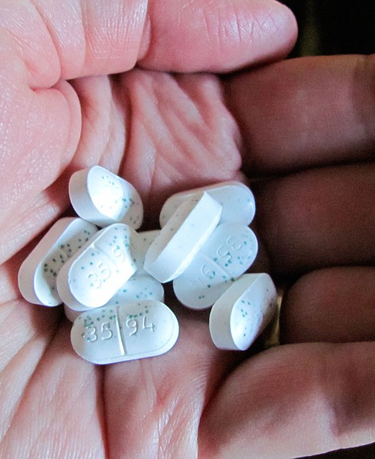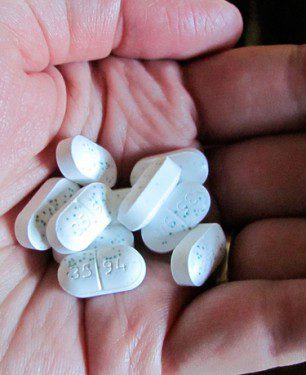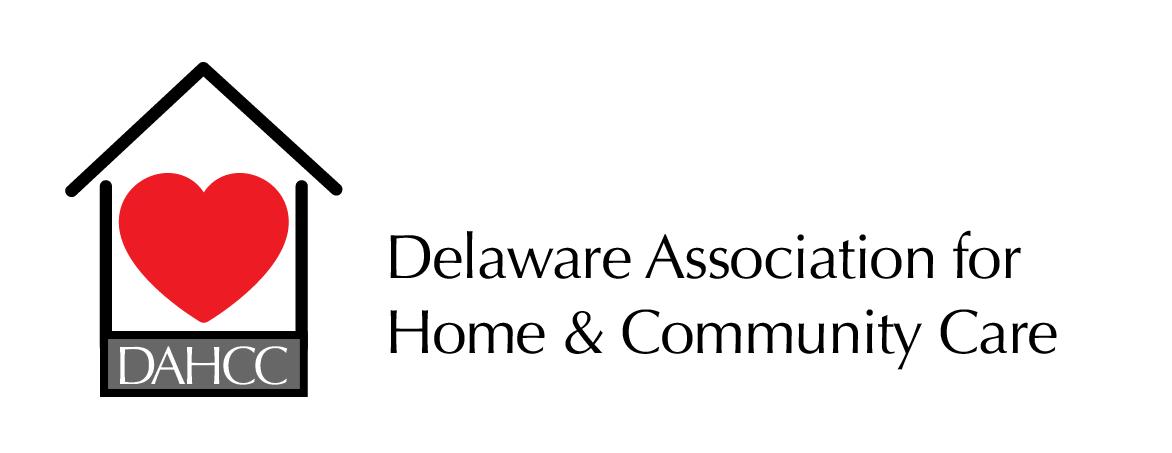The Risk of Addiction for Seniors

The number of seniors who become addicted to prescription drugs is growing and it’s a problem that family caregivers should know about and which needs to be addressed.
Doctors and healthcare providers often miss the signs of substance-use disorder. Until recently it hasn’t really been thought of as a problem, so the right questions aren’t always being asked to be able to determine if addiction is a problem. Caretakers and family members often notice the signs first but don’t really understand what is going on.
 The main culprit is opioid pain medication, such as oxycodone (OxyContin and Percocet) and hydrocodone with acetaminophen (Vicodin), which are often prescribed for chronic conditions like back pain, arthritis, fibromyalgia and headaches.
The main culprit is opioid pain medication, such as oxycodone (OxyContin and Percocet) and hydrocodone with acetaminophen (Vicodin), which are often prescribed for chronic conditions like back pain, arthritis, fibromyalgia and headaches.
Opioids are meant for acute conditions, such as the 2-4 days following major surgery. They are not meant for chronic conditions and prolonged use can easily lead to addiction. Tolerance is another issue with using these medications for chronic use because users build up a tolerance and then have to continually have their dose increased. With higher doses, functionality declines.
Physical dependence on opioids can occur in as quickly as five days for people who are taking multiple doses a day, and dependence and tolerance grows stronger and stronger the longer these drugs are taken.
Addiction to Pain Medication for Seniors Can Lead to the Following Issues:
- Seniors may overdose because they forget they already took their medication.
- Fracture risks are increased for seniors who take opioids because they can make them feel more woozy, which leads to more falls.
- Medication interactions are a big risk since many seniors take multiple medications. If multiple doctors are prescribing the medications and aren’t aware of everything the senior is taking, harmful interactions can easily occur. Also, when multiple medications are taken, it can become more difficult to take them at the proper times, which can cause bad interactions as well.
What Happens in the Body
Seniors who take medication experience different results than younger adults because the aging body breaks it down and eliminates it more slowly, and the liver and kidneys don’t function as well later in life, thereby prolonging its effects. This can increase symptoms of confusion, memory issues, falls and automobile accidents.
Additional Drugs to Watch Out For
Antidepressants, which help people cope with conditions like depression, anxiety and obsessive-compulsive disorder, as well as sleep medication and alcohol abuse are also considered to be risks for addiction in seniors as well.
Signs of Dependency
According to the Foundation for a Drug-Free World, signs of painkiller dependency includes: usage increase, change in personality, social withdrawal, ongoing use, time spent on obtaining prescriptions, change in daily habits and appearance, neglecting responsibilities, increased sensitivity, blackouts, forgetfulness, and defensiveness. In addition, a loved one may be demonstrating more anxious or depressed behavior, confusion and disorientation or self-injuries.
Preventing Addiction for Seniors
The following tips can help you prevent a loved one from becoming addicted to these medications:
- Use pre-portioned containers with the days of the weeks and the times to take them noted on them.
- Substitute non-addictive medications like Cymbalta or Neurontin.
- As needed drugs should be encouraged to be taken only when absolutely necessary.
- Use holistic and alternative solutions for pain instead of medications. Acupuncture, medical massage, pool therapy and hydrotherapy are effective natural methods that reduce pain.
- Encourage proper nutrition and exercise in addition to any medication treatment plan.
- Take medications only as prescribed.
- Consult your loved one’s physician if they decide to go off their antidepressants instead of doing it on their own.
Sources:
http://www.parentgiving.com/elder-care/dependency-addiction-among-seniors/




